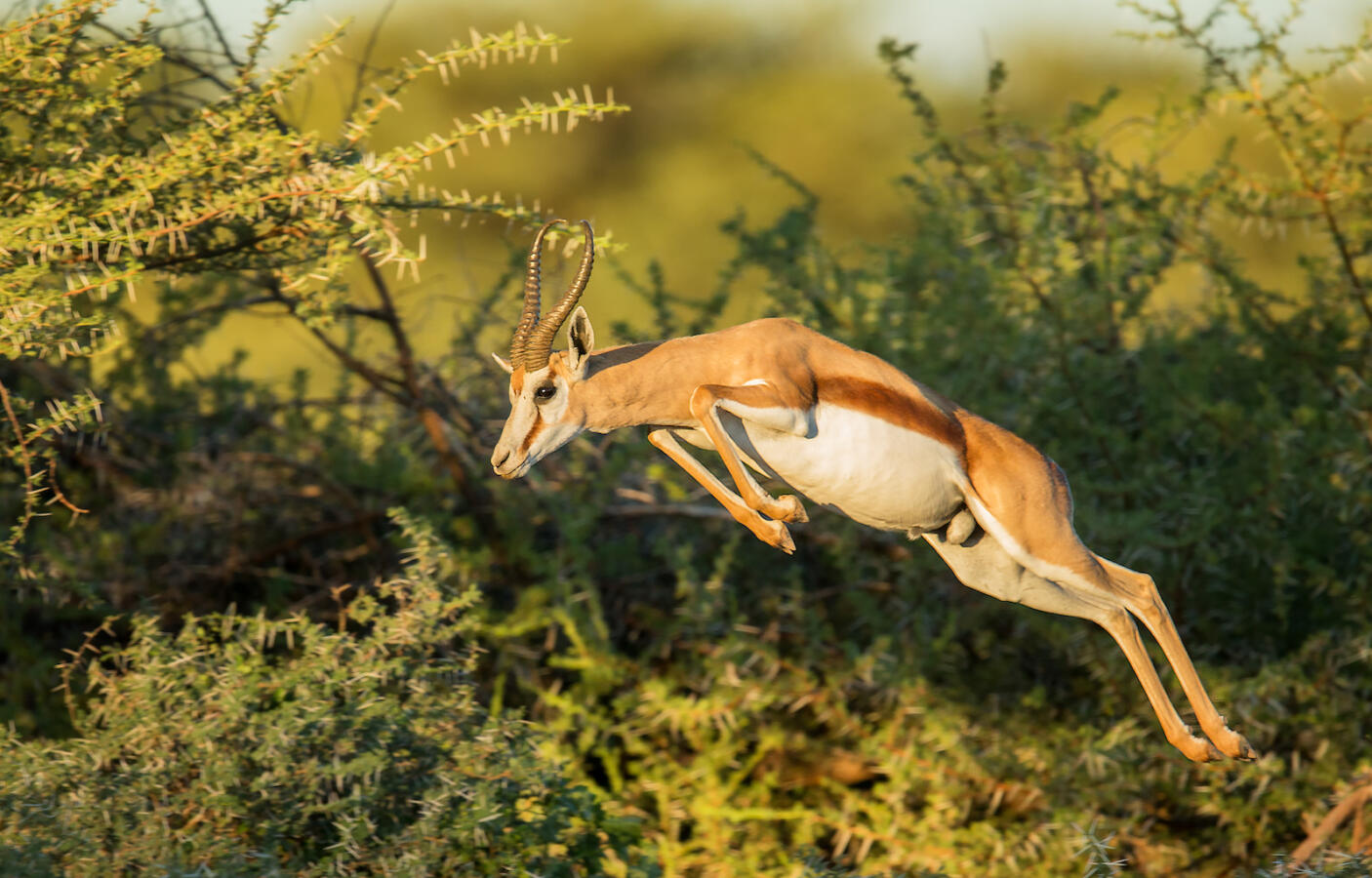Consider the gazelle, the beautiful and swift creature that we encounter frequently in the eight chapters of Song of Songs: “Hark! My beloved! There he comes, leaping over mountains, bounding over hills. My beloved is like a gazelle or like a young stag.” (2:8)
Why is the gazelle accorded such a prominent place in the most significant love poem in the Hebrew Bible? Rabbi Yehuda Feliks, in Song of Songs: Nature Epic and Allegory, offers us a clue from the gazelle’s mating habits: “At first, the sexes are reciprocally indifferent and avoid each other … the harts [males] woo the hinds by alternately chasing and fleeing from them … Each then goes in search of the selected mate and eventually they couple.”
Gazelle’s mate by flirting and withdrawing, coming close then quickly moving away, before finally mating for life. They are emblematic of the fragility of love — but also its fundamental hopefulness. The 19th-century German commentator, Rabbi David Altschuler, writing about perhaps the most famous verse in all of Song of Songs — “I am to my beloved as my beloved is to me” (6:3) — observes that when the lover says “I am to my beloved,” he hopes that his love will be reciprocated, but he does not know. All of us love with the hope that our vulnerability and openness will be met with the same intensity of feeling. But we do not know.
The four letters of the Hebrew month of Elul, which begins on Monday, are an acronym for this verse from Song of Songs. Some believe the meaning of this connection is that in this season leading up to the High Holidays, we take note of our estrangement from God’s love and long to draw close through repentance.

Help us keep Jewish knowledge accessible to millions of people around the world.
Your donation to My Jewish Learning fuels endless journeys of Jewish discovery. With your help, My Jewish Learning can continue to provide nonstop opportunities for learning, connection and growth.
I’d like to suggest an alternate reading. Elul is the season of change, and it is love that inspires the most true and lasting changes. But as with love, change is rarely linear. Like the gazelle, it often leaps forward and then backs away. Should I stay in this relationship or go? Should I stay in this job, this house, this community, this faith commitment, or find another? Our lives often move in different and unexpected directions, sometimes so quickly we cannot think. And the changes we make are often fragile, surfacing all kinds of difficult emotions: inadequacy, futility and resignation. Won’t we just make the same mistakes again? What’s the point of even trying?
The challenges of this sort of nonlinearity are discussed at length by Bruce Feiler in his book, Life is in the Transitions. Feiler interviewed 225 people in an attempt to understand how people shape their narratives and why they make certain life decisions. He concluded that people will experience between 30-40 disruptive experiences over a lifetime. Some of these events – he believes about 3 to 5 – will rise to become “disorienting and destabilizing” to a person’s identity. He terms these lifequakes. In Feiler’s words, “We have linear expectations but nonlinear realities. Even people who are linear in one area ( a stable career, say, or long-running marriage) are nonlinear in others (recurrent health problems or frequent changes in their religious identity).”
These unexpected realities form the basis of the central prayer of the High Holiday season: Unetaneh Tokef. We don’t know what awaits us or the world in the year to come. So much is out of our control. Yet we stand together on these holidays as a community in prayer, embracing our fragility and committing to controlling what we can. We give charity. We pray. We change. We ask for clarity, security and happiness, even as we process tragedy and disaster. We place our lives gently in God’s hands.
In the month of Elul, like the gazelle, we flirt with life’s great questions. What relationships require repair? What and who should we invest our energies in in the year ahead? What should be done with our regrets? Our talents? We face the nonlinear reality of the year behind and prepare for the one ahead with introspection and reflection. Like the gazelle, we hope that some of our flirtations will become commitments. And true to the Song of Songs, we believe that repentance is deepest when it is done out of love, not fear.
Elul teaches us that love, like change, requires risks. Now is our time to be like the gazelle. To leap into the future, to take the risks for love and to take risks for change.



